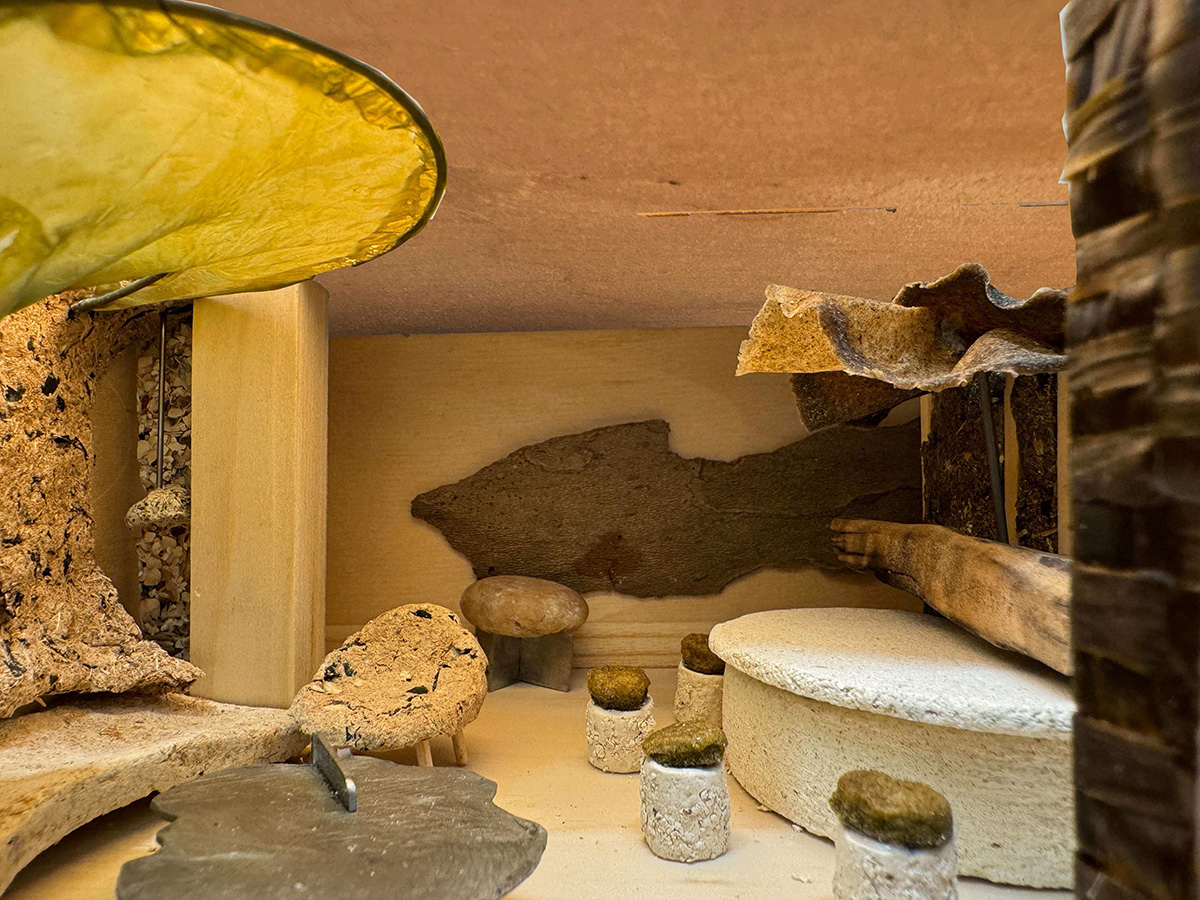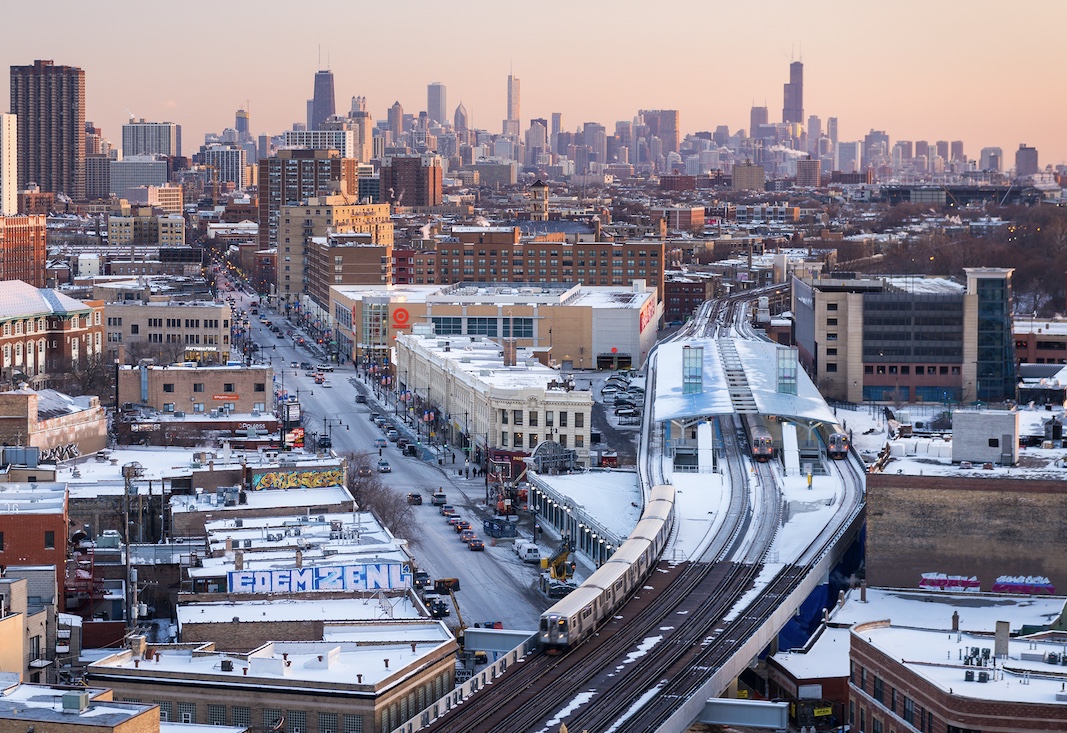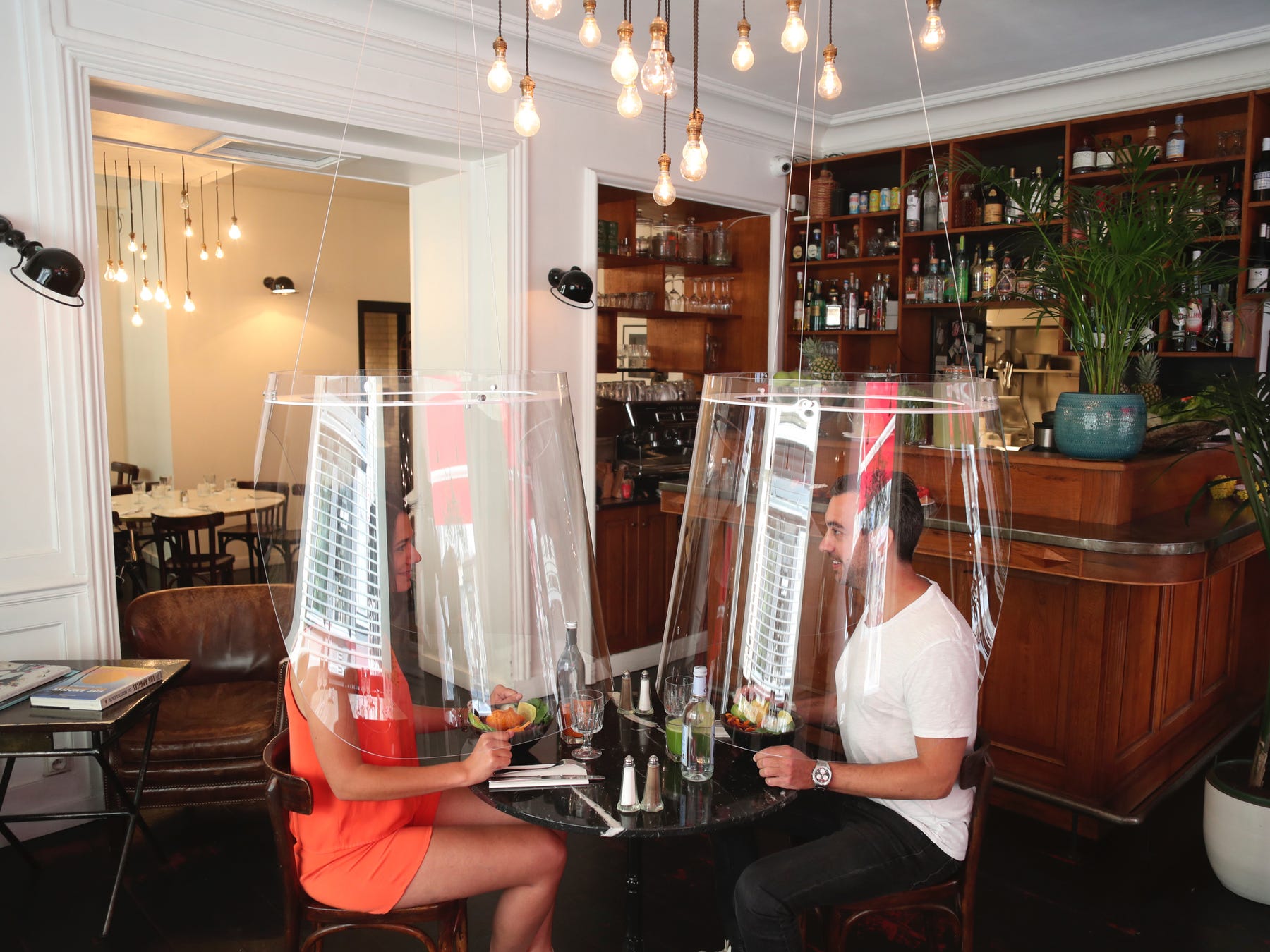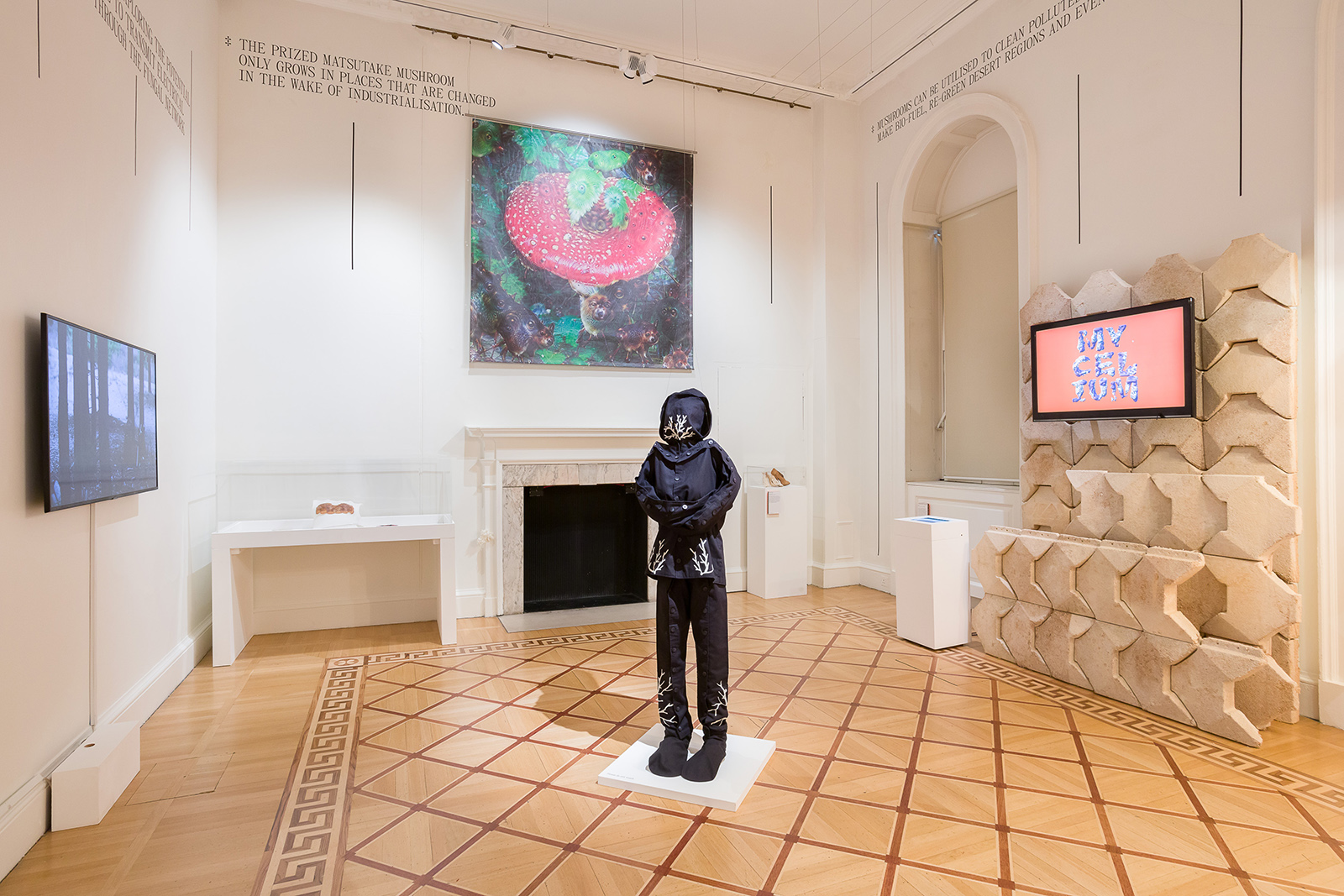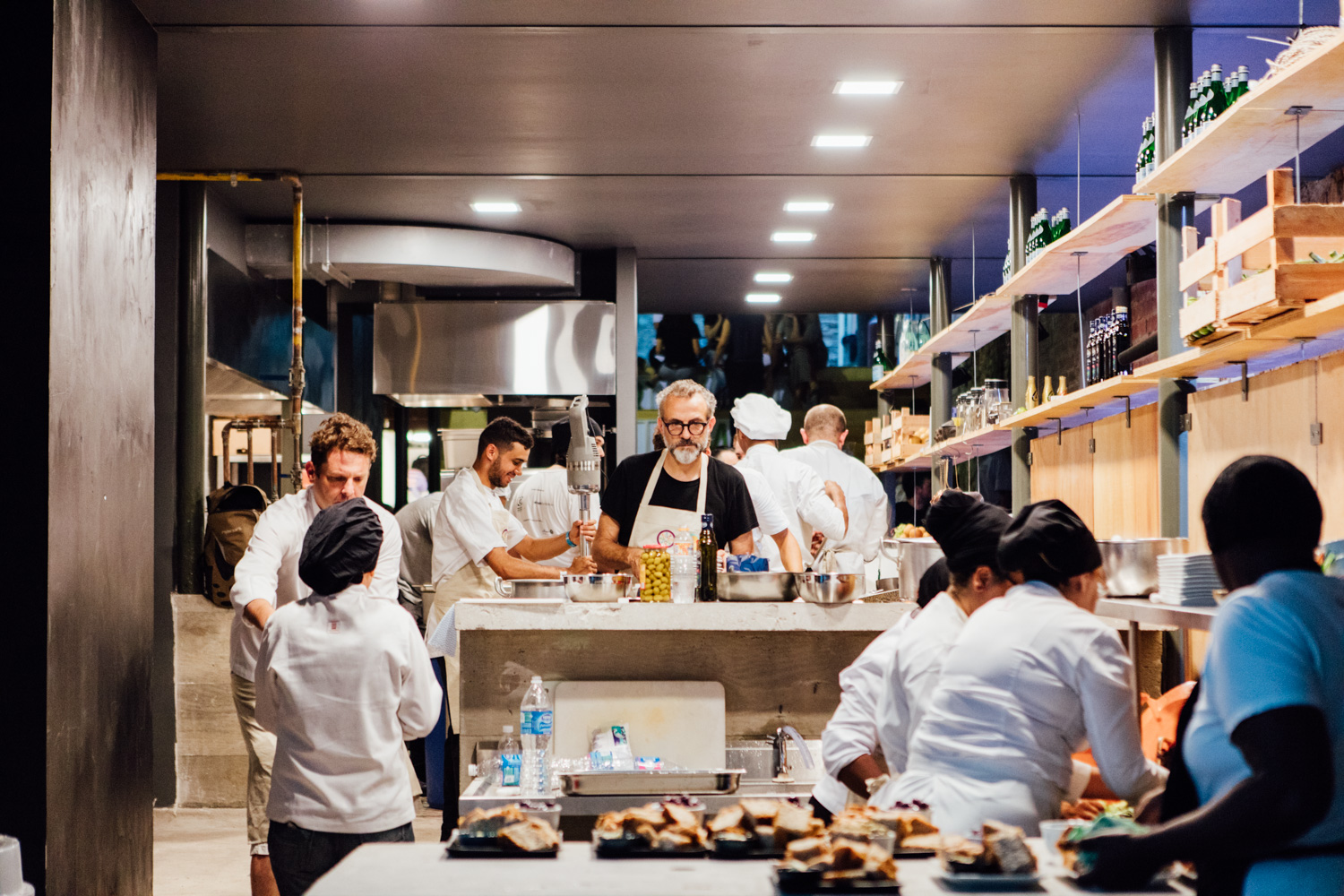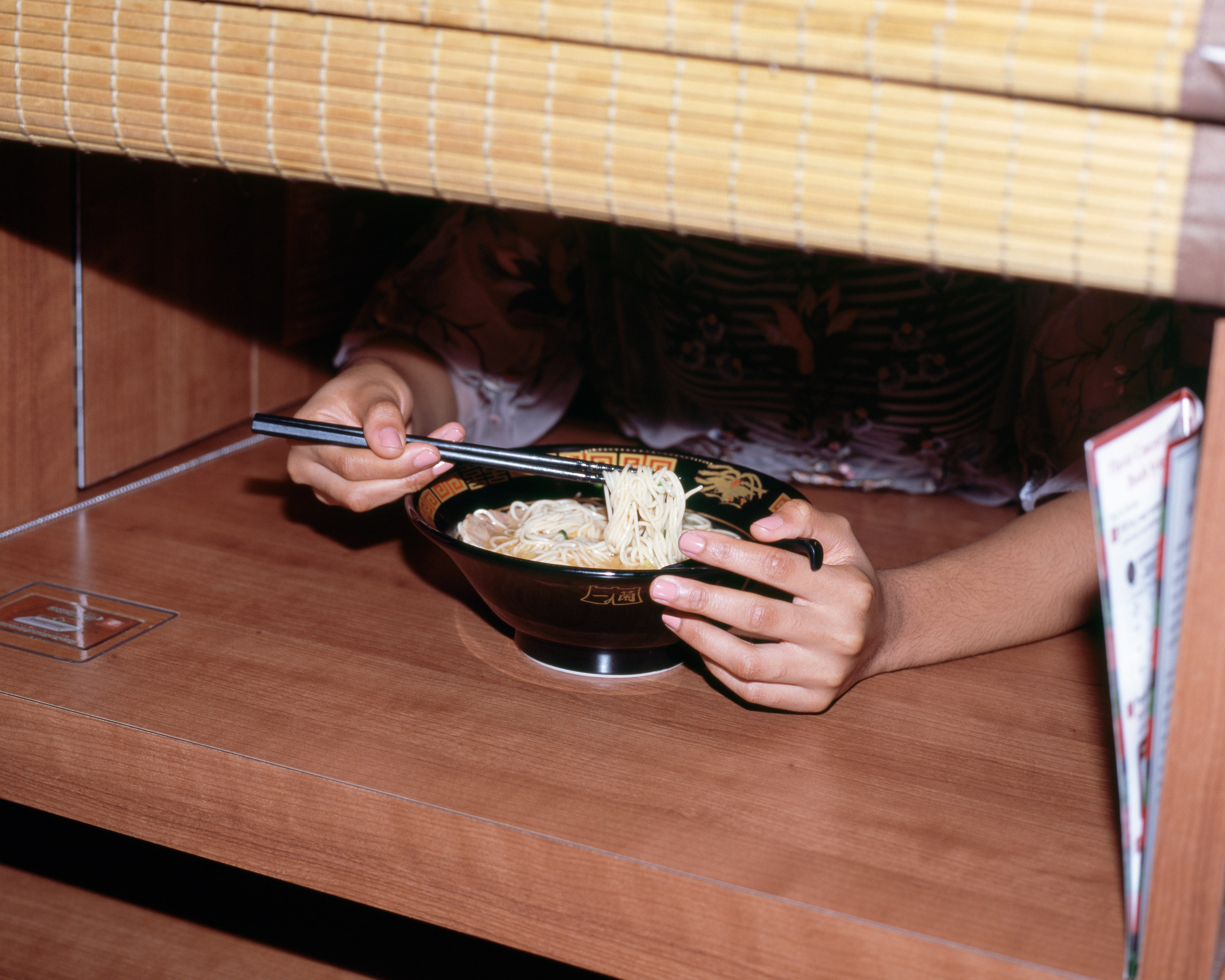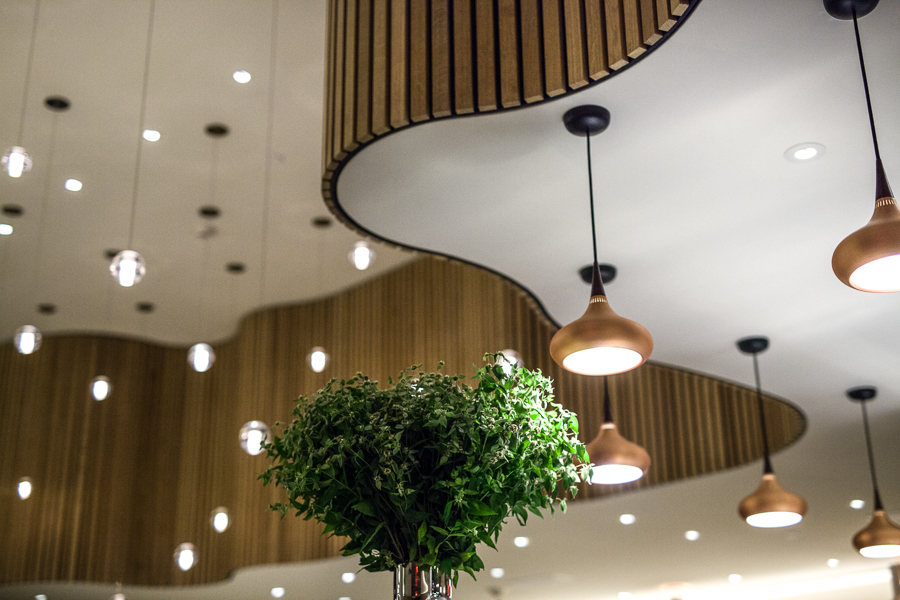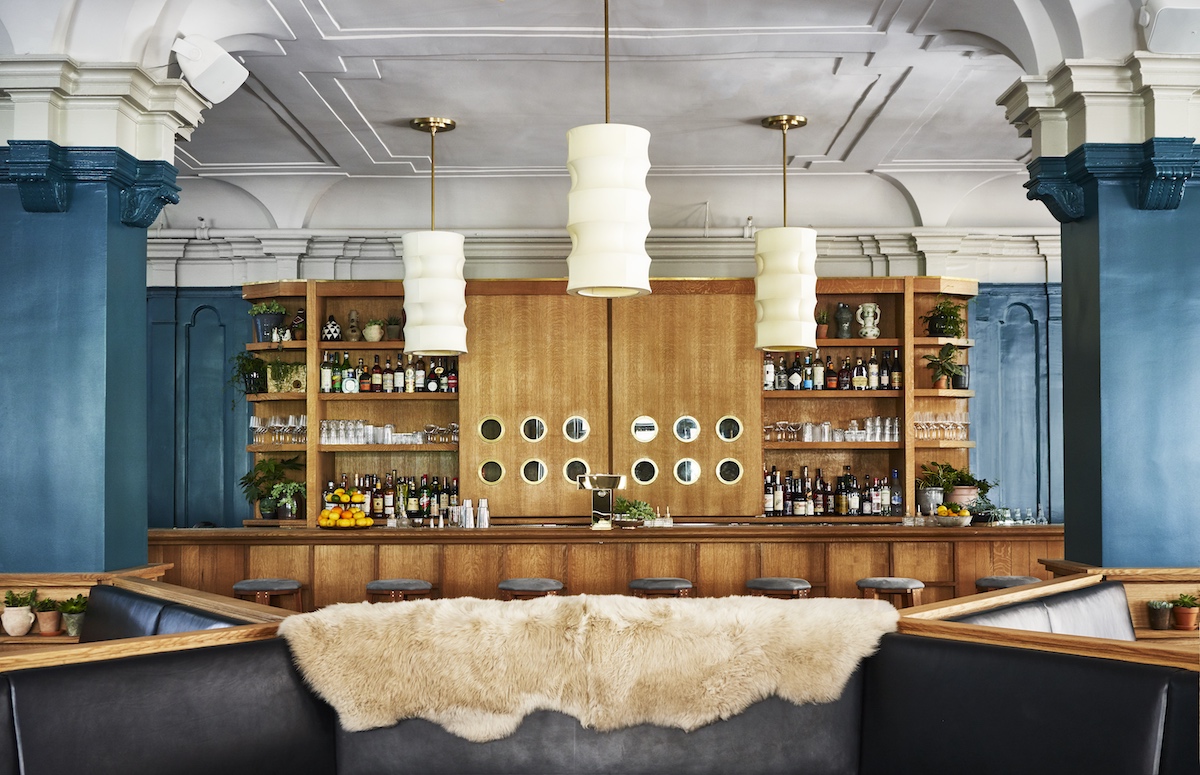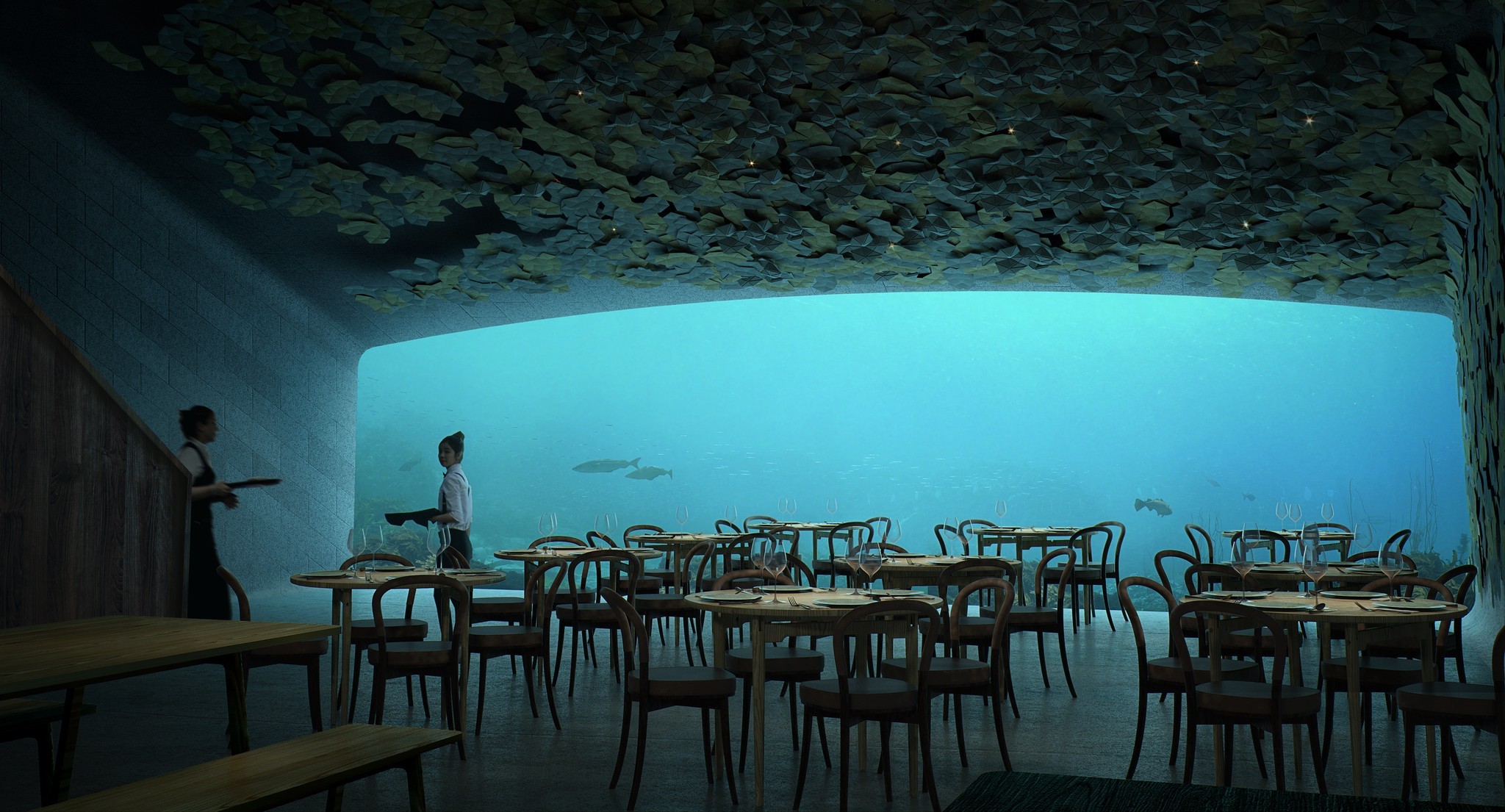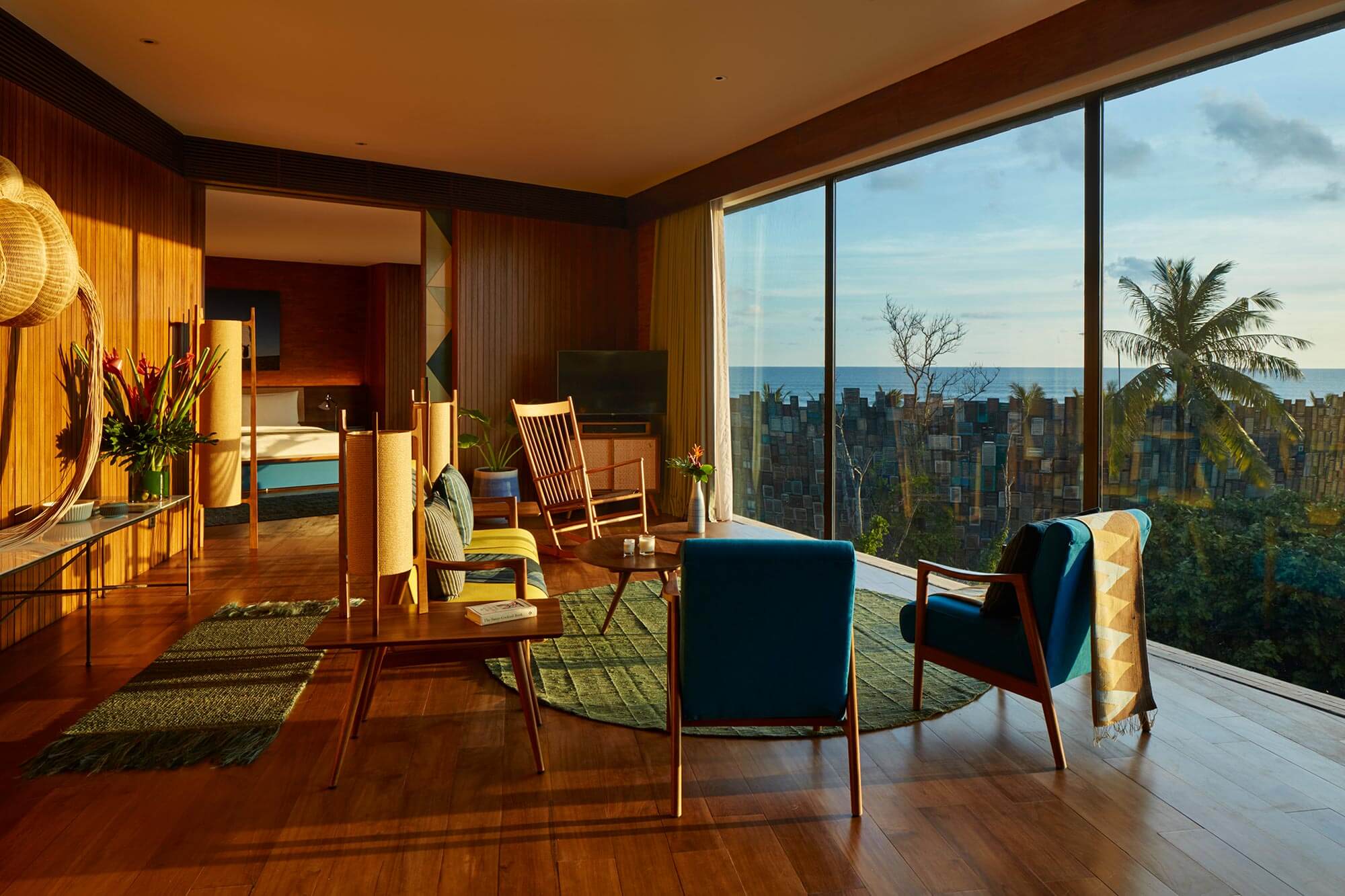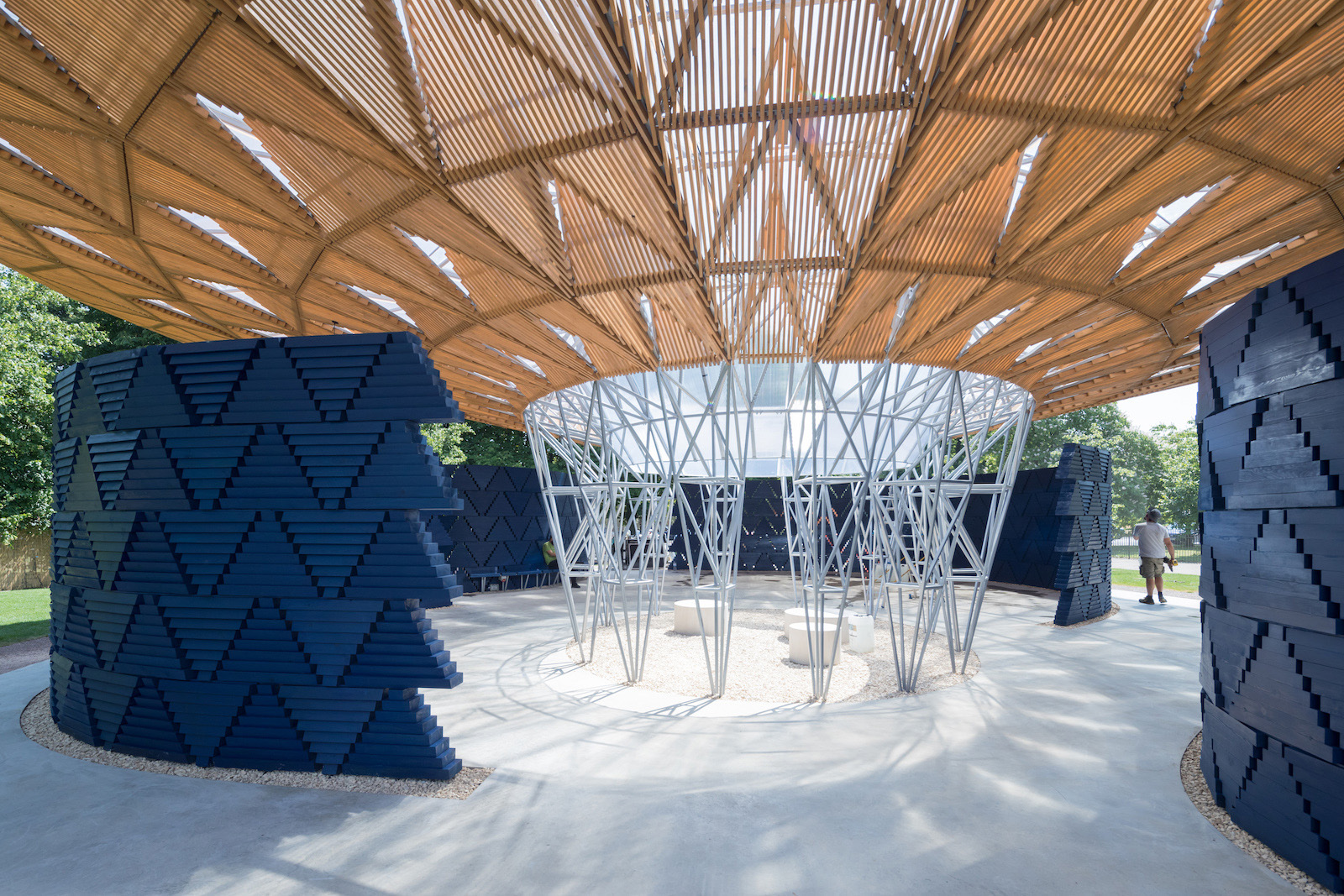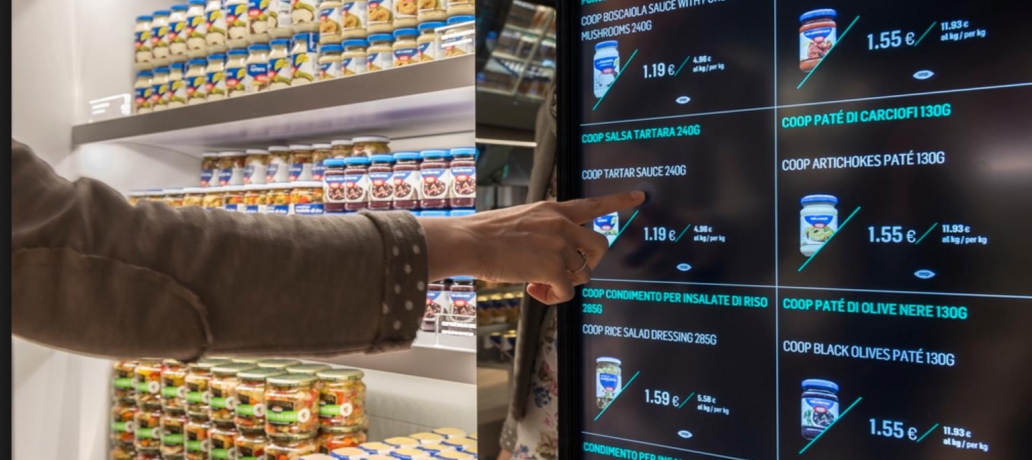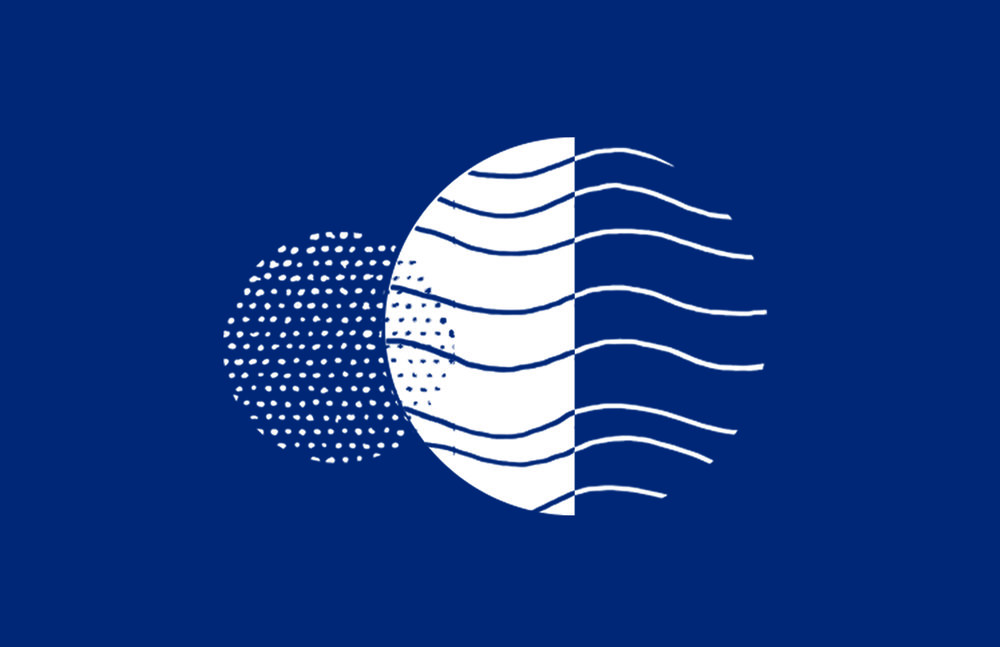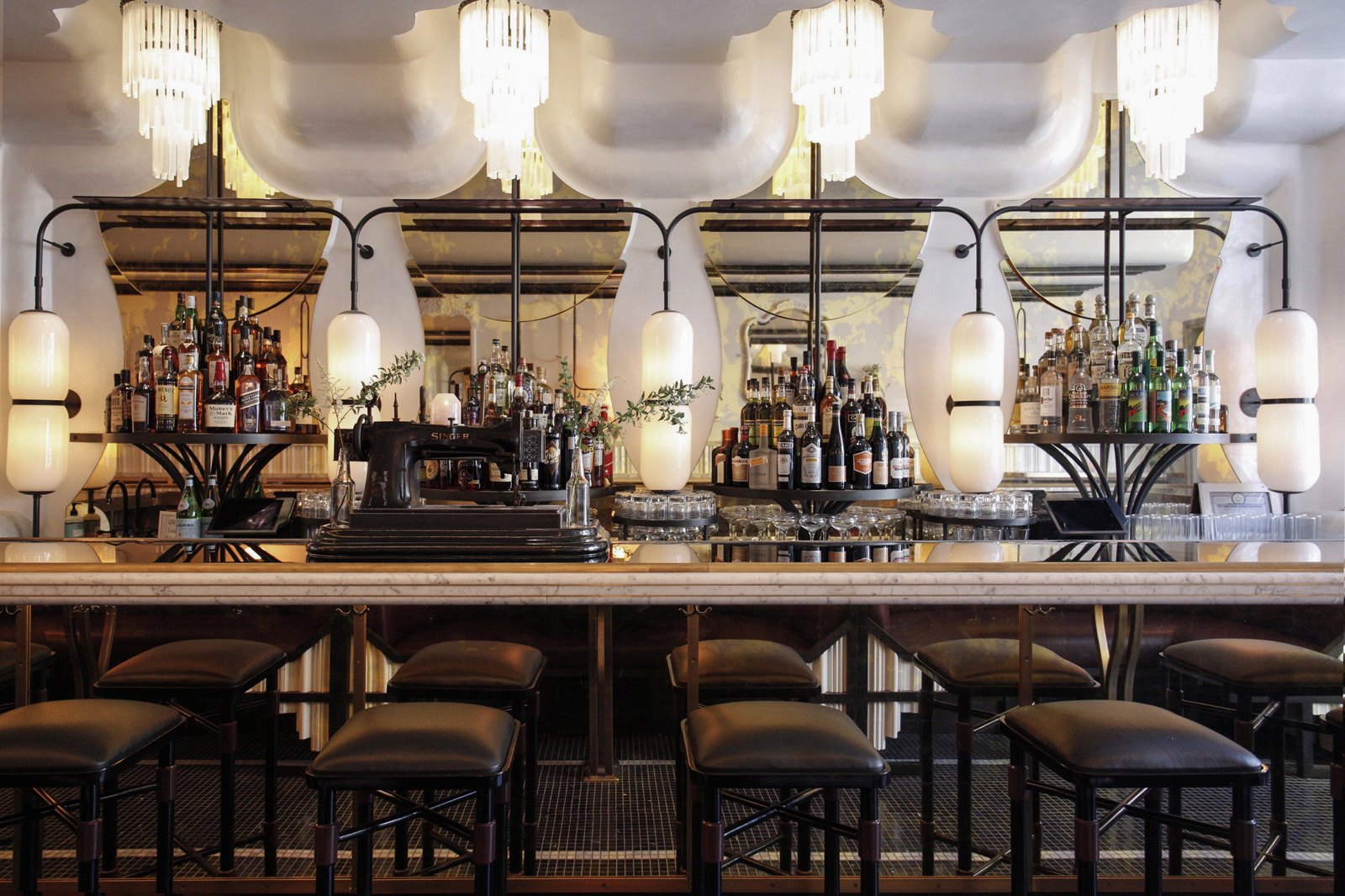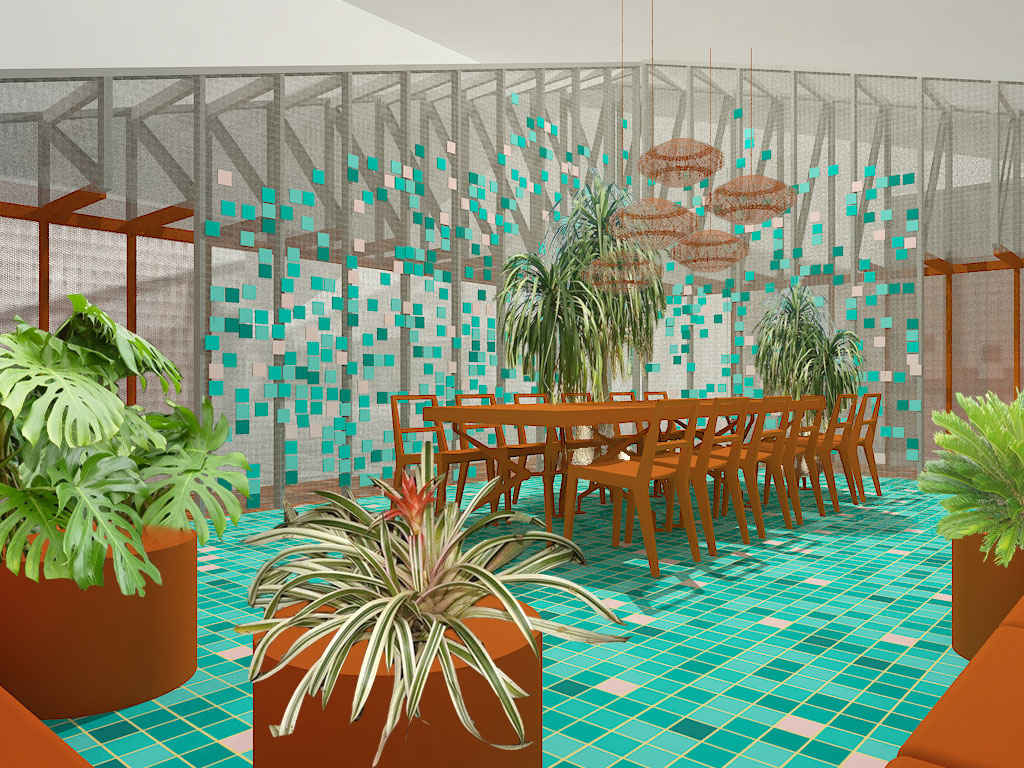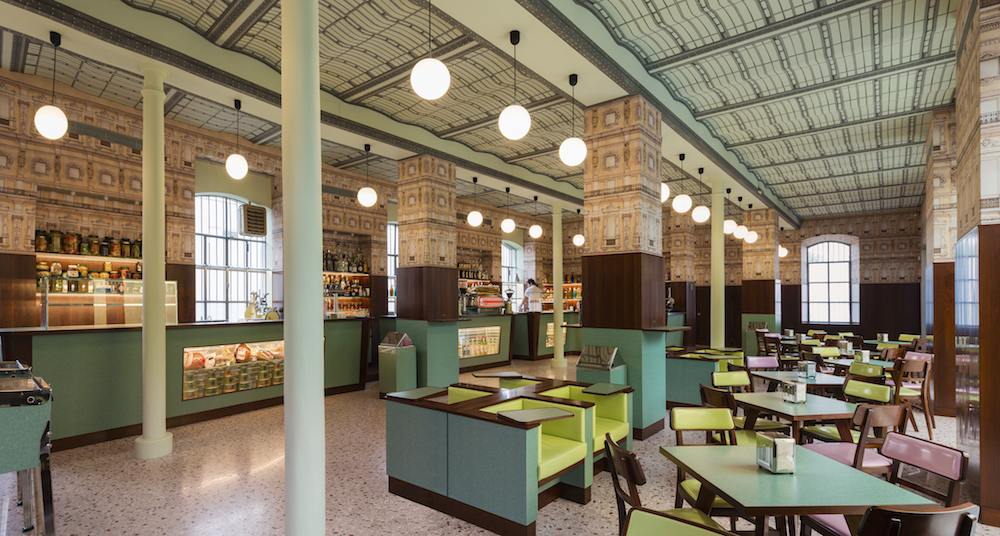Although algae has been lauded as a superfood, not just for its nutritional benefits but also for its durability, introducing these small, green organisms as a food source may be a difficult transition for the human population. Designer Hyunseok An wants to build a closer relationship between humans and algae, normalizing the presence of algae in the home. Her project The Coral poses a model for an indoor micro-algae farm, intended to “welcome algae into our everyday lives.”
Hyunseok’s project is grounded in a desire to make algae farming more simple, and build a foundation for algae as a food of the future. Algae is high in protein, requires few resources to grow and scrubs CO2 from the air, taking in carbon dioxide while releasing oxygen. The organism is also so nutritionally rich that NASA often uses it as a dietary supplement on long-term space missions. The Coral encourages individuals to begin actively growing algae for food by providing an easy-to-use algae micro farm, while also using the farm as an aesthetically pleasing installation for the home. Through its design and superficial appeal, The Coral acts as an addition to the home, rather than an intrusion.
Hyunseok’s farm consists of a wall-mounted bioreactor with individual culture cells arranged into a four by four grid. The sixteen cells grow algae at different times, so when one algae culture is ready for harvesting-signaled by its dark green color-others are still growing, allowing for regular intervals of harvesting and consumption.
The project’s design also includes coral-shaped indentations on the surface of each culture cell, emphasizing algae’s connection to bodies of water, and also referencing the urgency of other environmental issues-like the disappearance of coral and overfishing. The Coral consequently connects issues like climate change and food scarcity to daily life, by providing a gentle, at-home introduction to the significance of algae as a food source, and a reminder of why this might be necessary.



